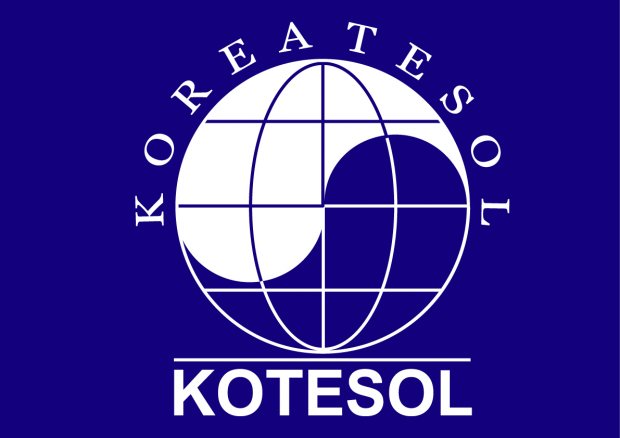
Gwangju-Jeonnam KOTESOL February Meeting
Time: Saturday, February 16, 2013; 1:30 p.m.
Place: Chosun University (Gwangju), Main Building (본관), Room 5210.
Schedule
1:30 pm: Sign-in and Meet 'n' Greet
(Admission free, but we do hope non-members will later consider membership.)
2:00 pm: PRESENTATION 1
Fun and Games: Planning for Young Learners Lessons
Jacob Boers (TaeBong Elementary School, EPIK Instructor)
2:45 pm: Refreshment Break
3:15 pm: PRESENTATION 2
Error Correction Stategies, Techniques, and Activities for the EFL Classroom
Cathy Peck & Scott Findlay (Chonnam Natl. University)
4:00 pm: Swap-Shop Session
Share your Teaching Ideas, Classroom Activities, and Language Games.
(Open to All Attendees. Handouts welcomed.)
4:30 pm: Announcements / Swap-Shop Prizes / Closing
Presentation Abstracts and Presenter Biographical Sketches
Fun and Games: Planning for Young Learners Lessons
The Presentation
The national elementary public school English curriculum puts an emphasis on playing short games with almost every lesson in the textbook. For better or worse, games are introduced for Korean children as a low-stress alternative to time spent on more traditional language learning exercises and problem sets.
In this KOTESOL talk we will examine a couple games from the national textbook and talk about their strengths and weaknesses. We will examine what children want from a game and how a teacher’s objectives can also be met while playing them. Example games will be modeled that are both original and taken from some classic language, board, and card games.
The Presenter
Jacob Boer has lived and worked in Gwangju, South Korea, for four years. Jacob currently teaches at an elementary school with the E.P.I.K. program and lectures for special teacher training courses at the Gwangju Metropolitan Office of Education. Jacob also lecturers at training workshops both locally and nationally for new E.P.I.K. teachers about lesson planning for the elementary school curriculum and PowerPoint use in the EFL classroom.
_____________________
Error Correction Strategies, Techniques, and Activities for the EFL Classroom
The Presentation
Error correction can be one of the hardest aspects of teaching to manage for both new and experienced teachers. A teacher may ask: When is error correction needed? Should I let my students talk, or interject every time they make a mistake? Do I correct everything or should I focus on certain areas? What are those areas? How do I correct errors without undermining my students’ confidence?
New teachers often find it particularly hard (and rude!) to interrupt a student and point out their mistakes, and so often let errors slip by in the flow of classroom discourse. However, many students want to be corrected, and expect the teacher to provide constructive feedback on their language development. Without sufficient input and guidance from a teacher, errors can "fossilize" or become so habitual it is difficult for a learner to overcome them later. Moreover, students may feel the teacher is not "doing their job" if they do not attend to accuracy and form.
This workshop begins by establishing a straightforward framework for helping teachers judge when and how to correct, and highlights strategies for dealing with different types of error. The second part of the workshop demonstrates a range of error correction focused classroom activities that are both fun and informative for students, and enable teachers to bring error correction into the language classroom in a non-threatening manner.
The Presenters
Catherine Peck is a TESOL trainer and Invited Professor in the Department of English Education at Chonnam National University, where she has worked since 2007. She studied, taught, and trained teachers in Ireland and Spain before moving to Korea, and currently teaches ELT methodology and academic writing courses. She holds a TESOL certificate (RELSA Ireland), a Cambridge ESOL Diploma in teaching English to Adults (DELTA), a Master of Applied Linguistics/TESOL (Macquarie) and is currently a PhD candidate in the Department of Linguistics (Intercultural Communication) at Macquarie Unviersity, Australia.
Scott Findlay has been teaching in Korea since 2003 and for the last seven years has been working at Chonnam National University. At CNU he teaches students of various ages and abilities in CNU’s Language Education Center, freshmen English courses, and teacher training program. He holds a TESOL qualification and is currently a candidate for an MA in TESOL at the University of Nottingham.




